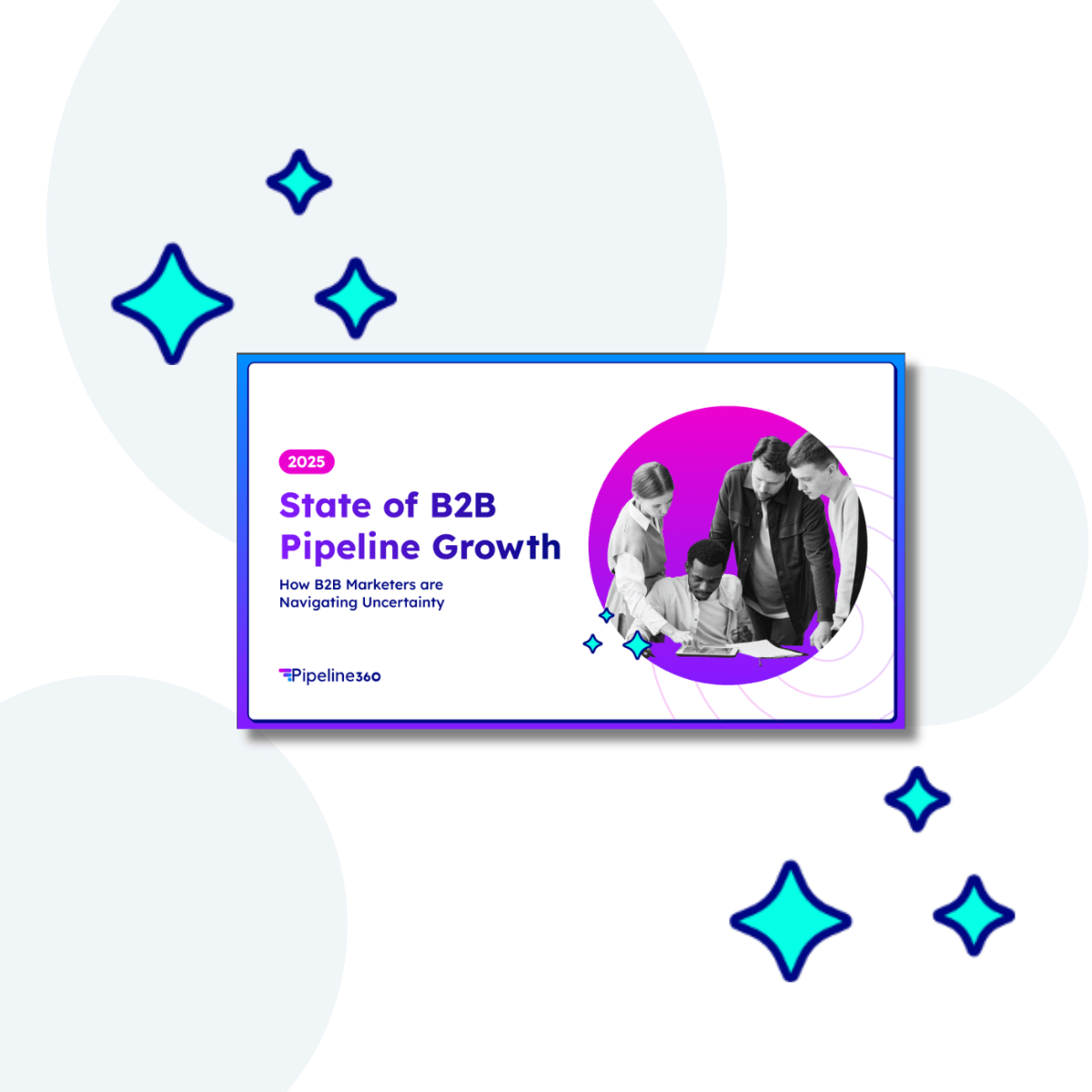What Is Content Compliance?
Content compliance is the practice of ensuring all marketing and communications materials meet relevant legal, regulatory, and ethical standards. Content compliance is absolutely essential to build trust, maintain credibility, and protect your brand from costly missteps.
At its core, digital content compliance includes adherence to data privacy laws such as GDPR and CCPA. It ensures consent when collecting or using customer data, respects intellectual property rights, supports accessibility requirements, and protects from false or unsubstantiated claims.
According to the Pipeline360 2025 State of B2B Pipeline Growth report, 73% of B2B marketers rank data compliance and accuracy as a high or top priority. That’s because today’s audiences, and regulators, expect brands to operate with transparency and accountability.
Why Content Compliance Matters in B2B Marketing
Content is central to how brands build awareness, engage buyers, and drive pipeline. But as the volume and velocity of content increases, so does the importance of maintaining strong content compliance practices across every touchpoint.
B2B marketers are expected to deliver always-on content across a growing number of formats. With so many moving parts, the risk of publishing non-compliant content increases. Whether it’s a misrepresented claim, an improperly sourced quote, or an outreach to a contact without proper consent, small missteps can have serious consequences.
That’s why having a compliance content marketing mindset is a strategic imperative, enabling brands to avoid legal issues, protect brand value, build audience trust, and ensure that all engagement is ethical, accurate, and effective.
Marketers must think of content compliance as foundational—something to embed at every stage of planning, production, and distribution. The most effective demand strategies are built not just on creative ideas, but on compliant execution.
How AI and Automation Complicate Compliance
AI and automation have revolutionized how B2B marketers create, scale, and distribute content. From generating headlines to drafting full articles and streamlining campaign workflows, these tools offer unprecedented speed and efficiency. But with that speed comes a new set of risks, especially when it comes to content compliance.
AI-generated content can appear polished on the surface, but often lacks the nuance, accuracy, and accountability required in regulated industries. It may introduce factual inaccuracies, hallucinated statistics, or plagiarized phrases without clear attribution. In some cases, it may generate content that violates accessibility guidelines, uses copyrighted material, or includes regionally inappropriate messaging.
The challenge is compounded by automation tools that rapidly publish or distribute content at scale. Without human oversight, these tools can inadvertently push non-compliant content to audiences across multiple channels.
According to one global survey, nearly half of employees admit to improperly using AI at work, highlighting just how easy it is for content creation to outpace internal review processes. As a result, marketers must implement safeguards including fact-checking, editorial oversight, and legal review before any AI-assisted content goes live.
Best Practices for Creating Compliant Content
Generating compliant content at scale isn’t easy, especially when your team is already stretched across strategy, execution, and performance tracking. Regulations shift, markets vary, and technologies evolve faster than most teams can keep up. That’s why one of the smartest ways to improve content compliance is by partnering with experts who specialize in the area.
Trusted partners can help embed content marketing compliance into every stage of the demand journey; from content creation and lead sourcing to distribution and performance tracking. But not all partners are created equal. If your leads aren’t fully verified, aligned to your target accounts, and sourced with explicit consent, they’re both low-quality and high-risk.
At Pipeline360, we take content compliance seriously because we understand what’s at stake. Through our Demand-as-a-Service (DaaS) tools and Branded Demand offering, we ensure that every lead is both fully compliant and fully marketable. Whether you’re dealing with state-level legislation or global data privacy laws, or determining whether single or double opt-in is right for your campaign, we do all the heavy lifting.
We combine technology, legal rigor, and deep marketing expertise to deliver demand programs that scale confidently and compliantly. That means you can focus on what matters most: driving performance, building pipeline, and delivering campaigns that your team and your legal department can stand behind.
In a world where speed and scale define success, content compliance is the foundation that keeps your demand engine running safely and effectively. With Pipeline360, you don’t have to choose between performance and protection; you get both.



